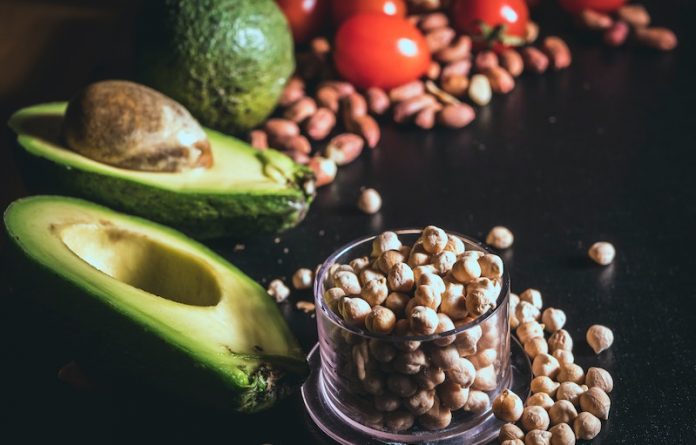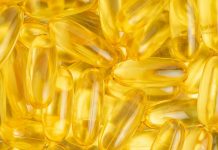
In a study from the University of Reading, scientists examined the impact of high doses of vitamin B6 on young adults.
Vitamin B6, or pyridoxine, is a water-soluble vitamin found naturally in many foods, as well as added to foods and supplements.
Vitamin B6 is important for normal brain development and for keeping the nervous system and immune systems healthy.
Food sources of vitamin B-6 include poultry, fish, potatoes, chickpeas, bananas, and fortified cereals.
Vitamin B12, or cobalamin, is naturally found in animal foods. It can also be added to foods or supplements. Vitamin B12 is needed to form red blood cells and DNA.
It is also a key player in the function and development of brain and nerve cells. Vitamin B12 binds to the protein in the foods we eat.
Previous research has found vitamins B6 and B12 are involved in metabolic processes that decrease neural excitation and increase inhibition.
In the current study, researchers examined the effects of supplementation for 1 month with a high dose of B6 or B12, on a range of behavioral measures connected to the balance between neural inhibition and excitation.
The team tested nearly 500 young adults. They tested the self-reported anxiety and depression before and after vitamin B6 supplementation.
Several sensory measures acted as assays of inhibitory function and were assessed only after supplementation.
The researchers found that vitamin B6 supplements reduced self-reported anxiety and reduced depression.
It also increased surround suppression of visual contrast detection but did not influence the other behavioral outcome measures.
The team also found vitamin B12 supplementation produced trends toward changes in anxiety and visual processing.
These findings suggest that high-dose Vitamin B6 supplementation increases inhibitory GABAergic neural influences, which is consistent with its known role in the synthesis of GABA.
The study was conducted by Dr. David Field et al and published in Human Psychopharmacology: Clinical and Experimental.
Copyright © 2023 Scientific Diet. All rights reserved.








